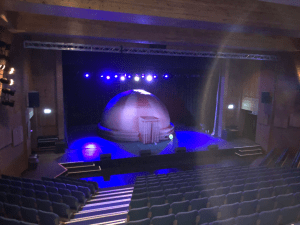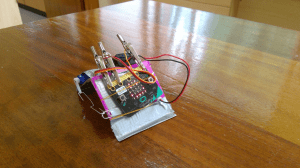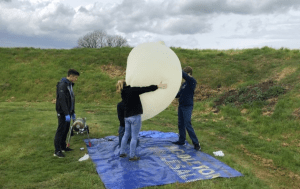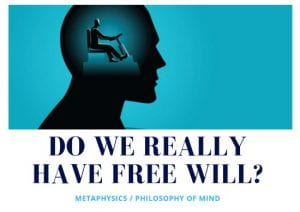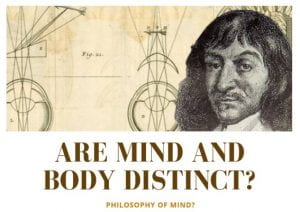The Physics enrichment programme takes science beyond the classroom into areas such as robotics, engineering, rocketry and the edges of space. Build rockets, conduct remote experiments in the upper atmosphere and discuss the nature of the Universe in with engineering challenges to stretch your brain and fire your imagination.
KS3 & KS4
Robot Revolution
During Extended Curriculum Week, as well as getting hands-on with some impressive robotics kit, Year 7 students learn about robots, their origin, how to build and code them.
University of Oxford: Competition
Year 7-9 students create a scientific poster and experiment in this annual themed competition. Winners are invited to a garden party and a prize giving ceremony at the university.
Planetarium
Year 7 students explore a planetarium and then engage in problem-solving challenges together.
Year 8 Science Day
Year 8 students work together in mixed teams to plan a mission to the Red Planet, conducting experiments, designing antennas and learning about science in the depths of space.
Junior STEM clubs
Try your hand at coding with BBC:microbit and Raspberry Pi computers. Design an interesting experiment and you could have your device included on the payload of the High-Altitude Balloon launched annually by the KS5 STEM club.
Science Live!
Fast-moving, exciting talks to give Year 10 students the chance to hear five of Britain’s top scientists, working at the cutting edge.
British Physics Olympiad (BPhO)
The University of Oxford offers a range of competitions designed to stretch and challenge the minds of young physicists and recognise excellence. The fun begins in Year 10, with an online quiz that trains the mind and helps with revision. In Year 11 and beyond, students are invited to attend Physics Olympians, our after school problem-solving club. It provides the perfect training ground to hone your problem-solving skills and help you aim to hit top grades in your exams. Come and try it, you might enjoy the challenge!
Sixth Form Evening
A talk from a leading Physicist is closely followed by a competitive (usually messy) engineering challenge. We even throw in dinner (not literally) and refreshments!
Isaac Physics and I Want To Be An Engineer
Online questions that progress smoothly from GCSE standard to first year undergraduate. Challenge yourself to get ahead during your A-Level Physics career. You can also attend an Isaac Physics Masterclass to enjoy collaborating on challenging problems.
High Altitude Ballooning
Design the remote experiments on the balloon, launch it to the edge of Space and then chase it to its landing point so you can recover both the balloon and your data. Experience managing an engineering project from design to production, working in a team, showing leadership and liaising with the KS3 science clubs.
Year 12 – Thorpe Park
Take a trip behind the scenes of a theme park – meet rollercoaster designers and engineers, before being let loose to enjoy the rides. But what’s more fun is analysing the data to investigate the forces involved while you were in the air!
Year 13 – CERN
The Large Hadron Collider (LHC) is the world’s largest and most powerful particle collider. Witness this triumph of Physics and Engineering on the Year 13 Physics trip to Geneva, Switzerland. While you are there, visit the headquarters of the United Nations and see around this beautiful city.

